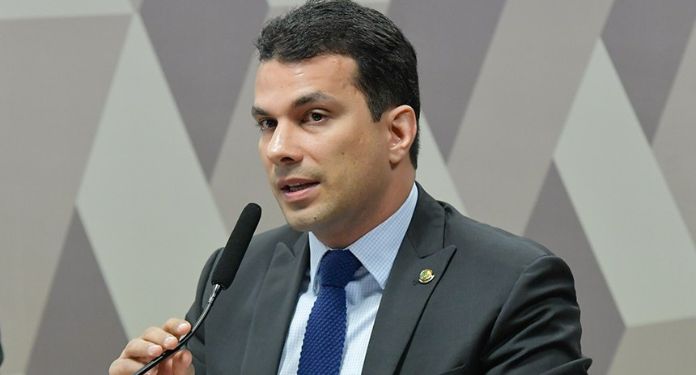The Senate’s Justice and Citizenship Committee (CCJ) is preparing for a public hearing on bill (PL) 2,234/2022, which “authorizes the operation of casinos and bingos, legalizes gambling and allows betting on races of horses” in Brazil.
But the vote, initially scheduled for last Wednesday (24), was postponed to take place only after the debate.
Public hearing is an important step towards the legalization of casinos in Brazil
Senator Irajá (PSD-TO), rapporteur of the proposal, has already expressed his vote in favor. Thus, the president of the CCJ, senator Davi Alcolumbre (União-AP), began discussing the project, but announced a postponement of the deliberation.
In other words, an agreement signed with senators Carlos Viana (Podemos-MG) and Eduardo Girão (Novo-CE) establishes that the CCJ will hold a public hearing on PL 2,234/2022 on May 7, at 10 am. Therefore, on the 15th, the discussion of the text that foresees the return of casinos in Brazil will return, but the voting date has not yet been defined.
Senator Irajá proposed a single amendment to the original text, already approved by the Chamber of Deputies. However, the rapporteur rejected four amendments presented at the CCJ. One of them, by Senator Carlos Viana, sought to exclude casinos and gambling from regulation.
PL 2,234/2022 authorizes the installation of casinos in:
- Tourist hubs
- Integrated leisure facilities, such as luxurious hotels with at least 100 rooms, sophisticated restaurants, lively bars and spaces for cultural events and meetings.
The text provides for the installation of a casino in each state and the Federal District, with exceptions for the states of:
- São Paulo which could have up to three casinos
- Minas Gerais, Rio de Janeiro, Amazonas and Pará, which may have up to two, each
There are three undeniable advantages for those who support the implementation of casinos and sports betting games:
- Stimulating tourism. Casinos can attract more visitors, boosting the local economy.
- Job generation. Casinos can create new jobs, whether in construction and then in implementation.
- Tax collection. The legalization of casinos can increase tax revenue, which can be used to finance social programs and infrastructure.




















































